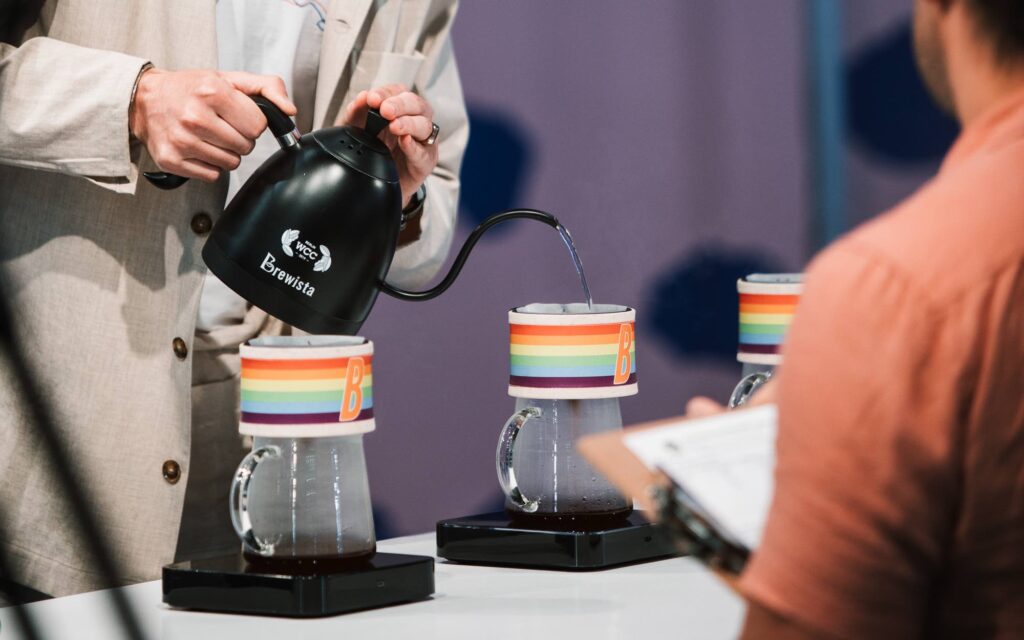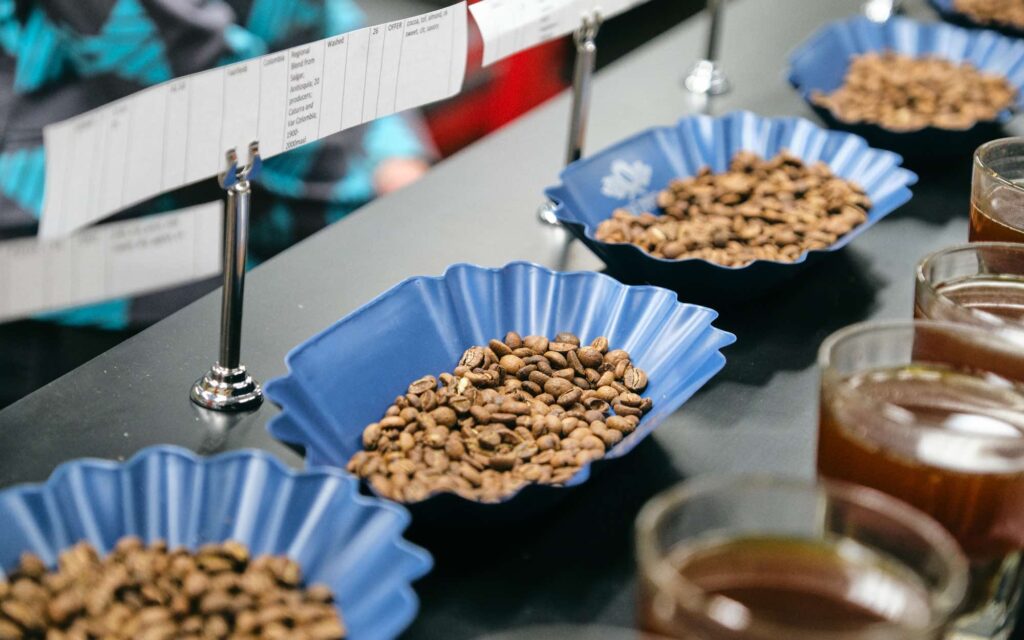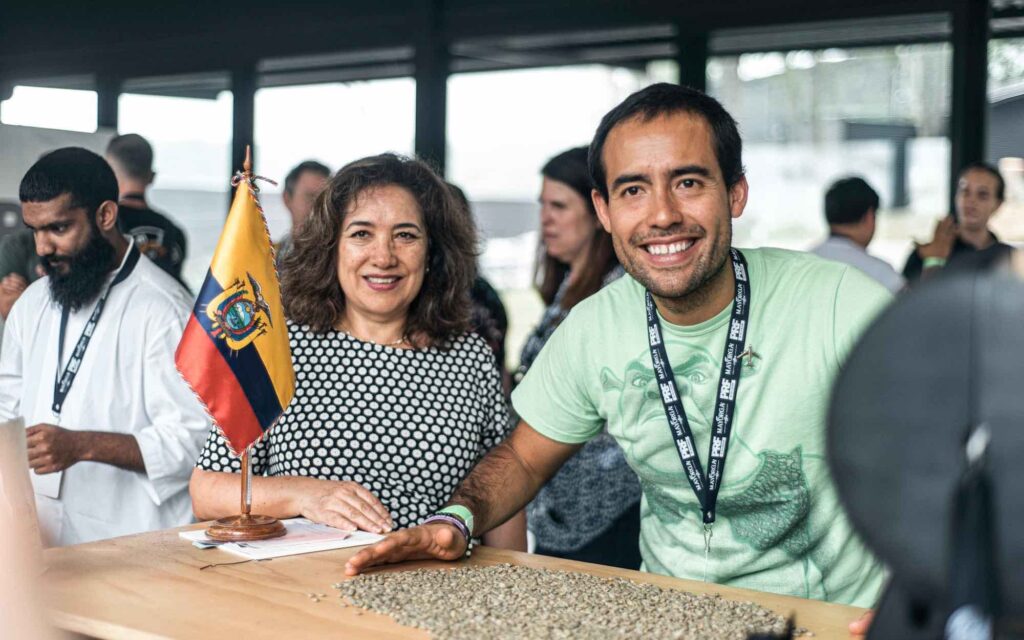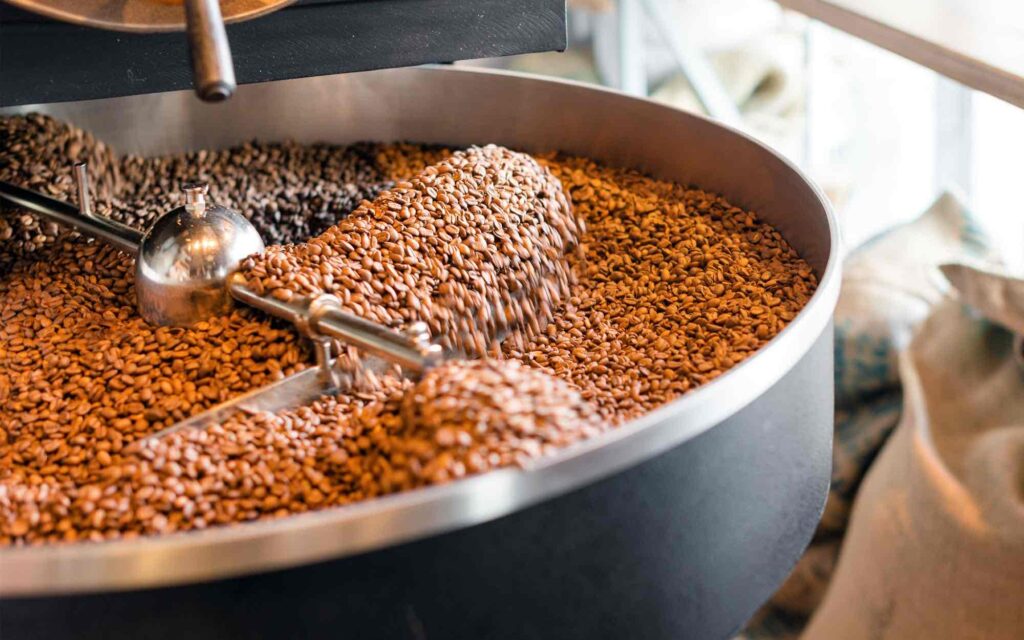World Coffee Conference to take place in India in 2023

The fifth edition of the World Coffee Conference is coming to India. The event is set to unite the global coffee industry on sustainable topics of discussion, including circular economy and regenerative agriculture.
Since the 18th century, commercial coffee has been thriving in India. Over time, the country has evolved from a tea drinking nation to one with a strong coffee identity.
Coffee is traditionally cultivated in the Western Ghats, and is rapidly spreading to the areas of Andhra Pradesh and Odisha and the North East states. This year however, all eyes will be on Bangalore, the largest city of the southern Indian state of Karnataka, as it hosts one of the largest global events in the coffee sector.
For the first time since 2016, the International Coffee Organisation (ICO), a multilateral intergovernmental organisation for coffee, and its Members, will host the World Coffee Conference (WCC) from 25 to 28 September.
The event is foreseen in the International Coffee Agreement 2007 treaty, in which the organisation aims to host every four to five years. The WCC first took place in London, the United Kingdom, in 2001; followed by Salvador, Brazil in 2005; Guatemala City, Guatemala in 2010; and Addis Adaba, Ethiopia in 2016.
COVID-19 pressed pause on the last scheduled event, and now, the world is ready to unite in an Asian country for the first time.
“The renewed interest and commitment by India to organise this high-level event is exciting. It will not only be a forum to discuss critical topics for the global sector, but to be involved in a technologist exhibition, and technical workshops and a Growers’ Conclave run by the Coffee Board of India. We will see top-tier company representatives, government representatives, United Nations partners, and even Vietnam will be coming with more than 20 delegates. They see it as a huge opportunity to showcase the way they produce and trade coffee,” says ICO’s Head of Operations, Gerardo Patacconi.
The iconic Bangalore Palace Grounds will be the host venue for the international conference and coffee technology fair. The Government of India will host the WCC 2023, chaired by the Indian Minister of Commerce and Industry, Shri Piyush Goyal.
The WCC will be held in conjunction with the G20 Summit under the country’s presidency. It will also integrate the 5th CEOs and Global Leaders Forum, and the 136th Session of the International Coffee Council.
All 75 ICO member countries are ready to attend the WCC, with the conference expected to attract more than 1500 registered delegates and 10,000 business visitors from across the globe.
WCC 2023 will bring together representatives from government, the private sector, development partners, as well as civil society and academia, coffee producers and importers, leading coffee associations, global coffee experts, roasters and more.
They will gather to discuss and debate on coffee market trends, technology, and best practices for building a circular coffee economy, regenerative agriculture, sustainability through consumption, innovation and access to finance, with the goal to collaborate towards building a sustainable coffee industry from bean to cup.
Guest speakers will present on this year’s event theme, ‘Circular Economy and Regenerative Agriculture,’ addressing market trends, challenges, best practices, technologies, and strategic and financial solutions to build a resilient and sustainable future for the coffee sector, and production issues surrounding sustainability and cultivation, living income, and climate change, in compliance with the Sustainable Development Goals and Environmental, Social and Governance practices.
“On 1 October 2022, the International Coffee Day, ICO members decided on this topic theme. The reason is that there is a growing interest and opportunity at the different levels of the supply chain on circularity. This year we are also launching the Coffee Development Report on circular economy, and we are also looking into how to move circularity into action,” Patacconi says.
“There is huge opportunity for increasing jobs and income through circularity, so transforming waste, whatever form that takes, into a business opportunity is important, as is the work we match with living income for livelihood and prosperity of farmers. There are scattered, good examples, but we need to bring them together so that everybody can have access to this knowledge.”
Patacconi notes there are three levels of outcomes expected from this year’s high-level discussions at the “Davos of Coffee”. First, is a high level of engagement of both policy makers and industry around the event themes, including opportunities to discuss trends in the coffee sector, and changing regulatory framework.
The second is to determine practical solutions in terms of technology that could be made available, and third, is about access to financial resources, knowledge, and markets.
“Through the ICO we really want to promote the creation of a centre for coffee circular economy, which we are now advancing with the help of our members. We are also joining the Lavazza Foundation and United Nations agencies such as UNIDO (United Nations Industrial Development Organization) and ITC (International Trade Centre) for the creation of Coffee Circular Economy Hub to share knowledge and help implement win-win solutions from coffee farms to cup,” Patacconi says.
While it’s important that policy makers are engaged in this year’s WCC, Dr KG Jagadeesha, CEO of the Coffee Board of India, says it’s crucial to have participation from producers.
“It’s extremely important for everyone across the value chain to attend, including consuming countries. This event is exclusively dedicated to growers, and we invite growers from different coffee growing nations such as Vietnam, Brazil, Central and South America, and African countries to attend,” he says.
The international community is also invited to visit India’s exotic coffee growing estates from 23 to 24 September to appreciate the unique qualities of its thick, shade-grown canopy coffee.
“India is currently the sixth largest grower of coffee and fifth largest exporter in the world. We have half a million families dependent on cultivating coffee in India. Two million people are directly or indirectly involved in coffee value chain, and the coffee sector in India, especially domestic coffee market, is expanding. The percentage of youth who are passionate, dynamic drinkers is expanding. They are highly qualified, and their tech-savvy connection to social media and influence is driving the market.”
For a traditional tea-drinking nation, which is low-cost and easy to prepare, Jagadeesha says the renewed uptake of coffee consumption is impressive and a sign of development because living incomes and standards have improved, thereby allowing the younger generation to afford the luxury of quality coffee.
“The evolution of coffee in India is not just about access to coffee chains, it’s about offering an experience for the youth to gather and connect in urban areas, a place to unite and exchange ideas,” Jagadeesha says. “Bangalore, in particular, is the Silicon Valley of India. It’s home to a lot of technology parks and I.T companies, as well as the highest number of technical colleges. It’s the place to be for coffee. It’s a cosmopolitan city with a significant proportion of foreign nationals, and a large number of coffee chains, including Blue Tokai, Koinonia Coffee Roasters, and Third Wave Coffee have all made their mark here.
“This is a city worth exploring for coffee, and a country that invites the world to its doorstep and share its excitement for the future of possibilities.”
For more information, click here.
This article was first published in the July/August 2023 edition of Global Coffee Report. Read more HERE.
The post World Coffee Conference to take place in India in 2023 appeared first on Global Coffee Report.





Responses